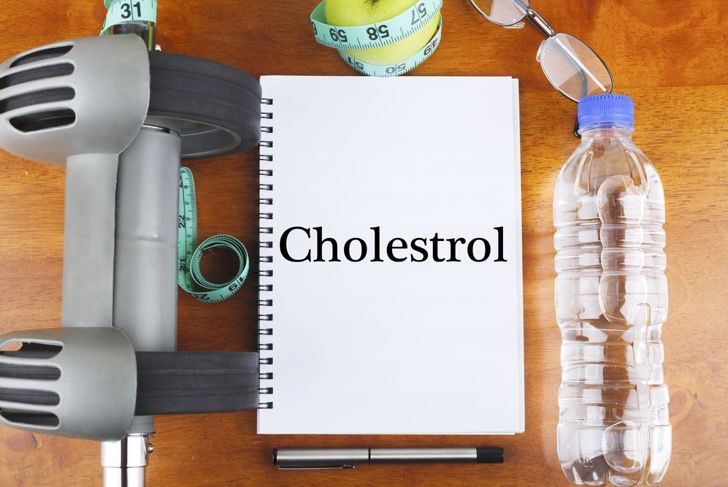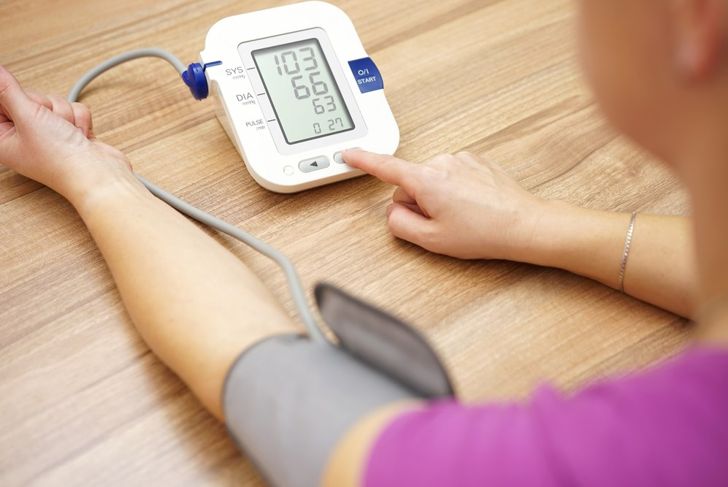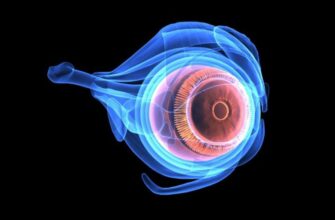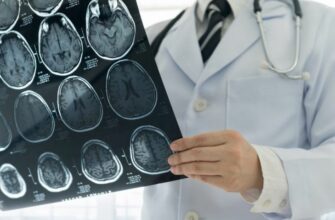A stroke is a medical emergency because it inhibits blood flow to the brain causing cellular death. There are two types of strokes: ischemic and hemorrhagic. A blood deficit causes ischemic strokes, and hemorrhagic strokes are a result of excessive bleeding. Everyone, in particular, elderly individuals, should become aware of the risk factors for strokes. A simple way to do this is to remember FAST: facial drooping, arm weakness, speech difficulty, time to call 911. Here’s a list of the ten most common risk factors associated with strokes.
Age And Gender
Aging means a higher risk of illness, including the likelihood of having a stroke. The chance of having a stroke doubles every decade after the age of 55. However, one in seven stroke victims is between the age of 15 and 49. Women are more likely to suffer from a stroke. Women who use certain birth control methods may also be in danger of having a stroke.
Genetic Tendency
Many hereditary conditions can raise your risk of having stroke-like Sickle Cell disease. However, external factors have more influence on your increased risk rather than genetics, because children share environments, habits, and other variables which can influence the likelihood of having a stroke. If the disease is present in the family, it’s vital to routine conduct medical tests, particularly if you’re 55 or older.
Smoking
Studies prove smoking tobacco is a strong, independent risk factor for suffering from a stroke. Smokers are more likely to have a stroke than people who never smoked. It is known that smoking causes heart disease because chemicals from cigarette smoke disturb the normal functioning of the heart and blood vessels. Smoking just a single cigarette per day raises your risk for stroke by a third.
Diabetes
Diabetes is a substantial risk factor for stroke and vascular disease. Failure to manage the sugar levels in your blood is the primary cause of diabetes. The elevated sugar levels damage blood vessels, making them hard and narrow which can cause blockages resulting in a stroke. Having diabetes nearly doubles your risk. It’s necessary to manage this condition with the help of your doctor and a healthy lifestyle.
Cholesterol
Cholesterol is a natural element necessary for our bodies to function. It works by attaching itself to proteins in the bloodstream to become lipoproteins.There are two types of lipoproteins: low-density (LDL) and high-density (HDL) lipoproteins. Low-density lipoproteins are often thought of as ‘bad’ cholesterol because they carry cholesterol from the liver to the cells that need them. High-density lipoprotein takes the LDL away from the cells to the liver where it can be absorbed or excreted. The balance of both LDL and HDL is essential to your overall health. High cholesterol can mean blockages are building up in your bloodstream which increases your chances of having a stroke. High cholesterol doesn’t have any noticeable symptoms, so it’s vital that you regularly check in with your physician.
High Blood Pressure
Hypertension is when your blood pressure remains continually elevated and can cause damage to the blood vessels. High blood pressure may cause the weak blood vessels to rupture or catch a blood clot. Elevated blood pressure forces the heart to work harder than usual. Hypertension increases the risk of developing heart disease and increases the danger of having a stroke. Hypertension is easily managed with medications, a healthy diet, and regular exercise.
Lack Of Physical Activity
Humans were made to move. The modern plight of little to no physical activity increases your risk of having a stroke and many other conditions. Regular exercise controls health factors such as blood pressure, cholesterol, and moderates blood sugar. Daily aerobic exercise is key to wellness. Make sure you talk to your doctor before beginning a new exercise regime, specifically if you’ve had a pulmonary event.
Obesity
Obesity is a disease that can be accompanied by a range of illnesses, or a lack of comorbidities. The risk of having a stroke stems from the inflammation in blood vessels due to fatty tissue. Maintaining a healthy body weight can have many health benefits, including reducing your risk of having a stroke. Obese folks who want to improve their health should talk to their doctor about cognitive behavioral therapy and how to find a suitable support group.The best thing you can do is to seek out a physical activity you genuinely enjoy. Exercise isn’t punishment; it should be fun. Regular physical exercise allows the body to use blood more efficiently while strengthening the heart. Activity makes the blood vessels more flexible, and it becomes easier for the blood to circulate throughout the body. The American Heart Association recommends 150 minutes of moderate activity per week.
Prior Stroke
The National Stroke Association states that approximately 80% of all recurring strokes are preventable with proper medical treatment and the necessary lifestyle changes. Every year, almost a million American citizens have a stroke, and of that population, one in four patients will have another stroke within their lifetime. The majority of recurring strokes happen within five years of the first event. If you’ve already had a stroke, it’s necessary to stop smoking, lower your blood pressure, manage your cholesterol levels, and take your medications as prescribed.
Atrial Fibrillation
The body relies on balance. The heart’s natural rhythm is key to maintaining healthy blood flow to your organs. If that beat is knocked out of whack, it may cause Atrial fibrillation. Atrial fibrillation is when you’ve got an irregular heartbeat. For example, the heart is beating way too fast, and the chamber in the heart won’t empty of blood during each cycle. This leftover blood can cause a clot to form. Clots are dangerous because they can get lost in the bloodstream and can block an artery to the brain causing a stroke.

 Home
Home Health
Health Diet & Nutrition
Diet & Nutrition Living Well
Living Well More
More




















